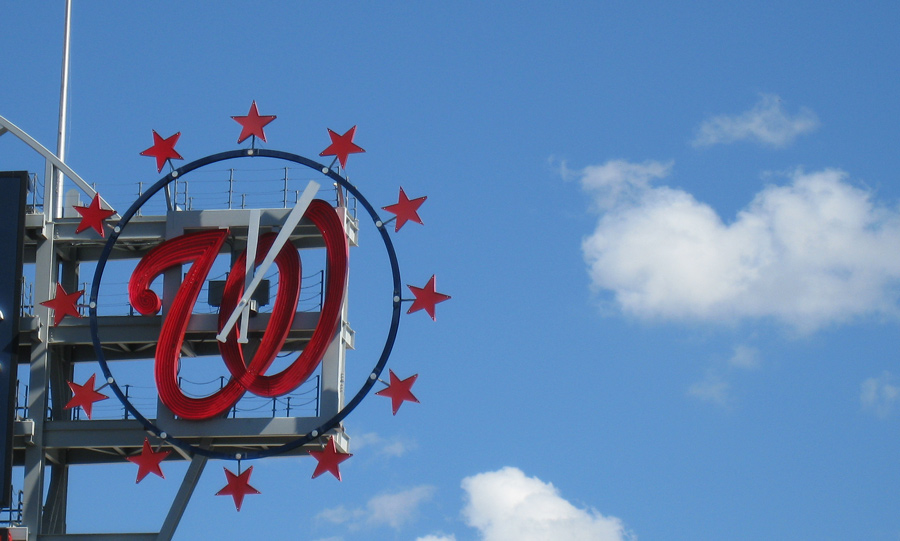
It began so innocently.
I was working on a book in which softball figured prominently in the plot. As far as I knew, there weren’t many rules. I had no experience with the game, aside from a very brief attempt at playing on the girls team in high school, and the only games I’d watched as an adult had been casual field games in rural Virginia in the ’70s when rules were made to be bent.
Anyway, I thought it might lend some credibility to the book I was writing if I learned a thing or two about baseball. So I turned on the TV and found the Mariners game and started watching. I don’t remember anything about that particular game, but the next day there was another game on, so I watched that one too. And then the next day …
I hadn’t planned to become Mariners fan, of course. It takes a special kind of person to root for a team that loses a lot. A lot. But there wasn’t much else on TV, and I got into the habit. I became addicted to the soothing sound of Dave Niehaus’s voice. I didn’t know then that Niehaus, the announcer for the Mariners for 33 years, was already in the Hall of Fame. But I instantly appreciated the warmth and generosity of his on-air manner. From him I learned what a can of corn was, and also a grand salami. My oh my.
By the time I left Seattle it had happened to me. I had somehow become a baseball fan. The obsession might have ended when we returned to D.C. had it not been for my brother Bill, who took a job at the Nats’ ballpark in 2008. Talking about the game became just another thing we did.
In many ways the Nationals are a very different sort of team from the Mariners, but the most jarring distinction to me is the catchphrase “Natitude.” The Mariner’s current phrase is “True To The Blue.”
There’s nothing inherently wrong with “Natitude.” But the way it’s framed in the team’s marketing suggests a kind of pugnacious sense of entitlement. I appreciate the important of confidence in sports. You can’t play if you don’t think you have a chance. And belief is a powerful thing. But there’s a world of difference between quiet self-possession and noisy boasting.
This season has been particularly tough for the Nats, who started out at the top of many lists of likely playoff contenders. Now they’re eight games back from the surging Mets, and only the diehard crazies are still clinging to the hope of a mathematically possible miracle for a post season.
There was a time I wouldn’t have known or cared what any of this meant. I’m not even sure I care now. But I have learned a bit about baseball since that first Mariners’ game. I understand the infield fly rule and the ground rule double. And I know what will happen when the Nats get the bases loaded in the bottom of the eighth inning and they’re trailing the Marlins by four runs and there are two outs and Ian Desmond comes to the plate. I sit on my couch and mutter, “He’s going to strike out and I don’t care.” This is called defensive indifference.
I could care. But it’s only a game, right?
I have been a Washington baseball fan since the 1950s. I identify with listening to baseball. There are a few special announcers who make the game smoother with honey. The mats lived in the basement in the fifties. A win was marvelous to obtain.
…
As I have moved about the country, I am learning about “defensive indifference.” I like the indifferent-tude.